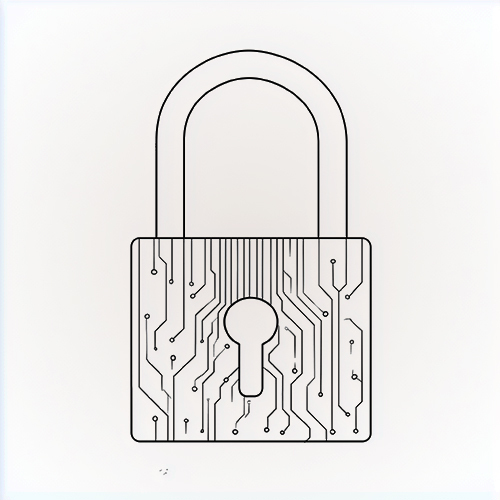Digia was able to deliver the exceptionally challenging ERP system
Paptic's business set unique requirements for the new ERP system. First of all, the system is used to process rolls of material, in the production of which weight and dimensions vary. An additional challenge is that some customers buy Paptic® materials by weight and some by surface area.
Another challenge was the complex nature of Paptic's international trade. In Paptic’s transactions, the seller is often located in Finland, manufacturing and processing in another country and the customer in a third country. This leads to very complex entities, especially in terms of value added tax. Paptic® materials have been delivered to more than 40 countries.
The ERP systems used by paper mills would have been unreasonably unwieldy in terms of features and costs. On the other hand, other solutions specialising in material trade raised doubts regarding system continuity and flexibility and the special requirements of the European markets. Paptic was therefore looking for an experienced supplier that was capable of a reasonable implementation of the demanding entity needed by the company.
“We wanted a reliable system for the long term and a supplier that understands the paper industry trade and the financial requirements in Europe,” says Joonas Lahtiharju, who is responsible for digitalisation and information systems at Paptic.
Finding the right kind of supplier was challenging, but in the end, Digia presented a solution that was an excellent match with Paptic’s requirements. It is based on Microsoft Dynamics 365 Business Central software, which enabled meeting Paptic's needs in a way that was considerably lighter than other alternatives.
“The capability demonstrated by Digia was a significant reason for our decision. The fact that Digia was recommended to us as a good supplier was also significant,” Lahtiharju says.
“Digia immediately gave the impression that they think about the customer's best interests. They made sure that the project included all necessary work but did not sell us anything that was unnecessary. Therefore, the solution turned out to be very cost-effective,” he says.




